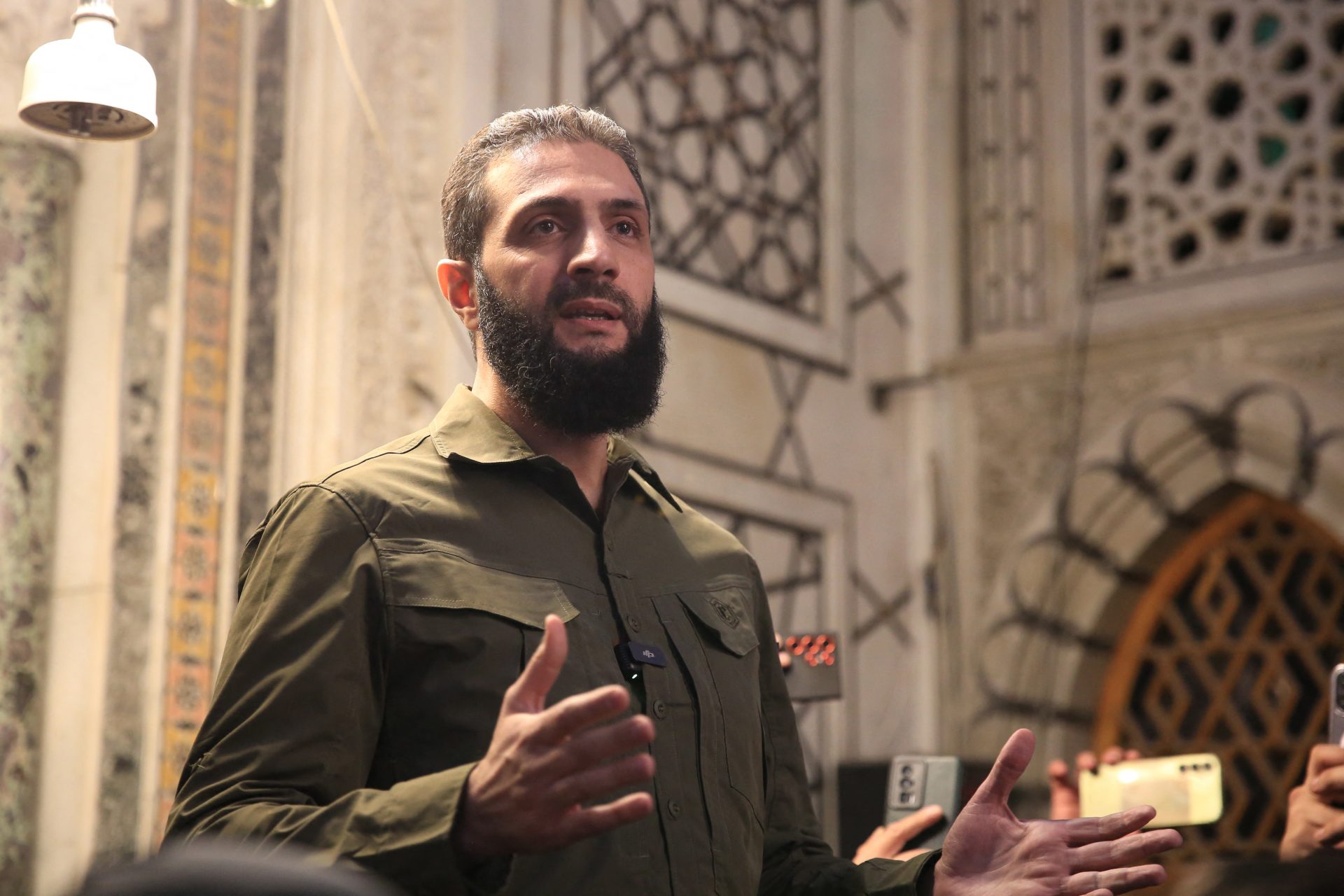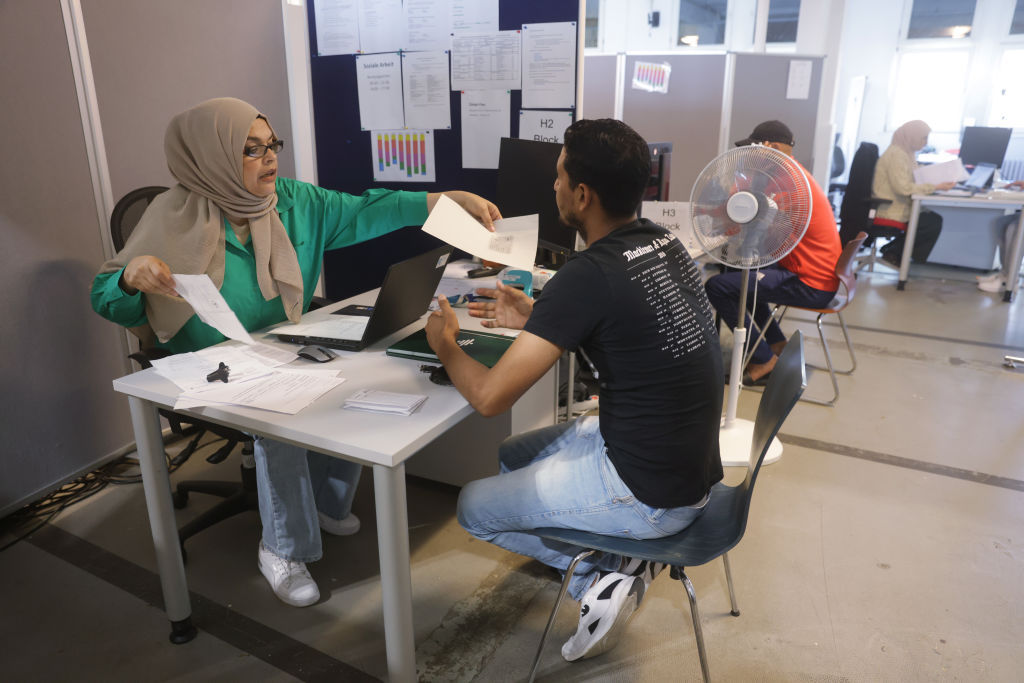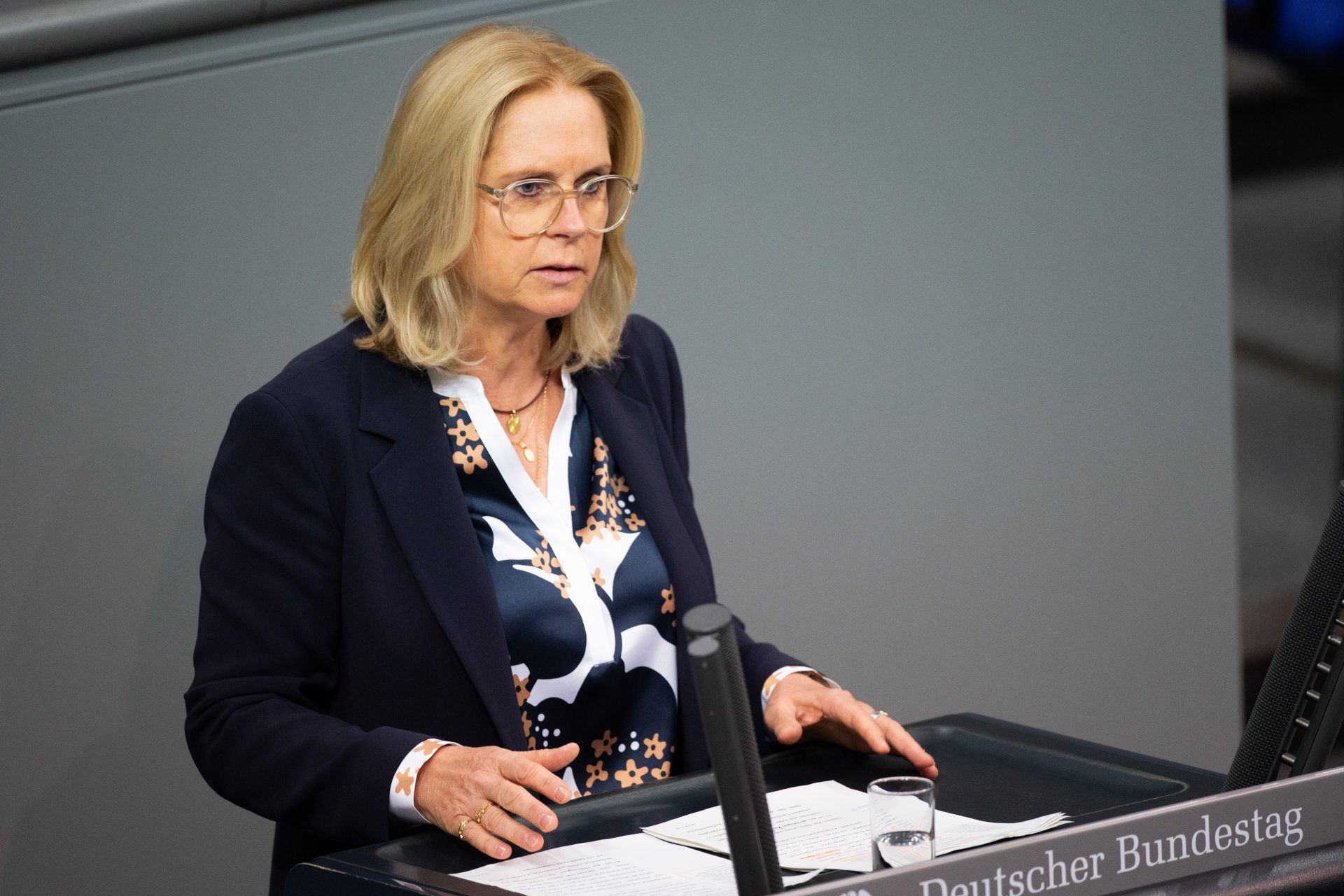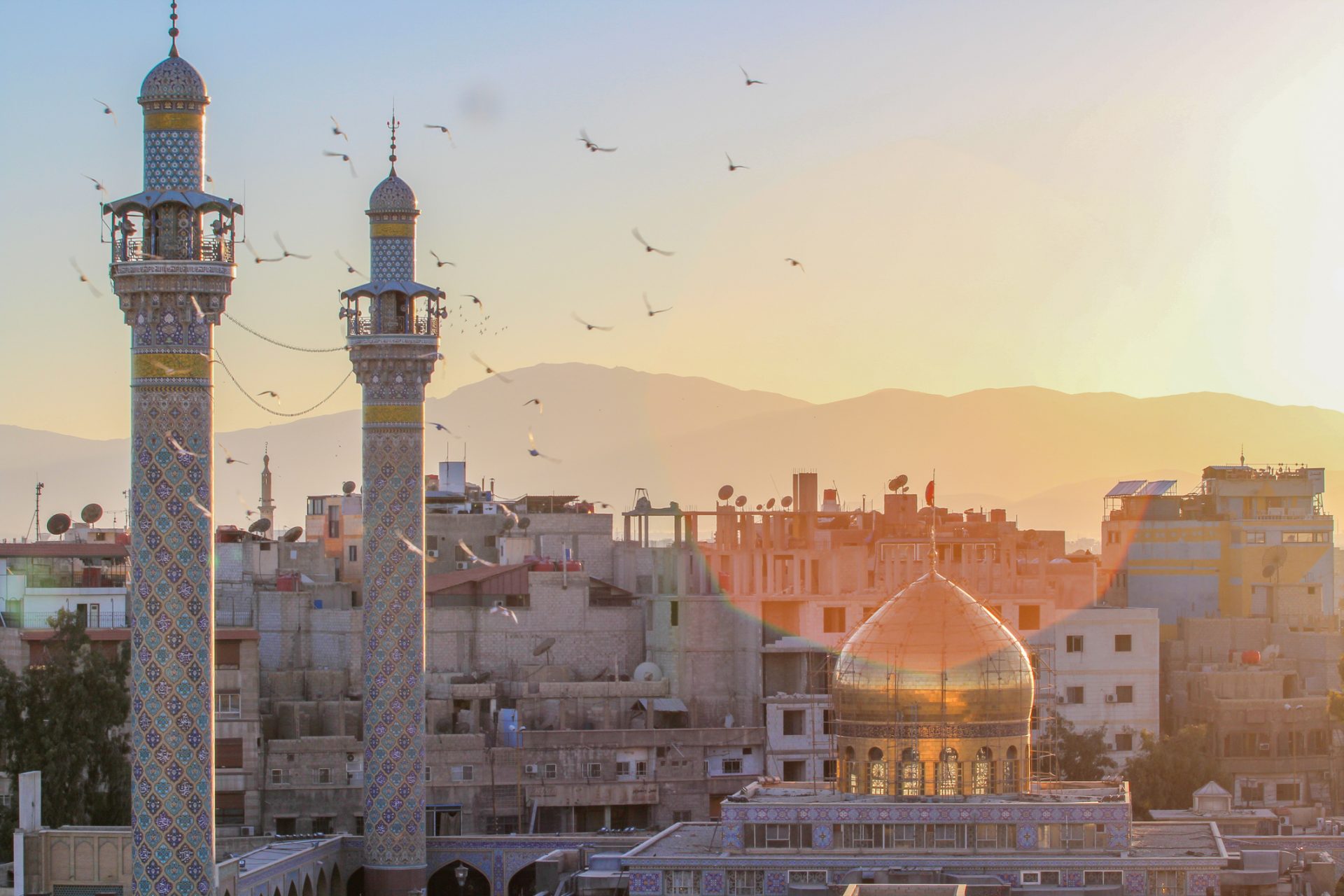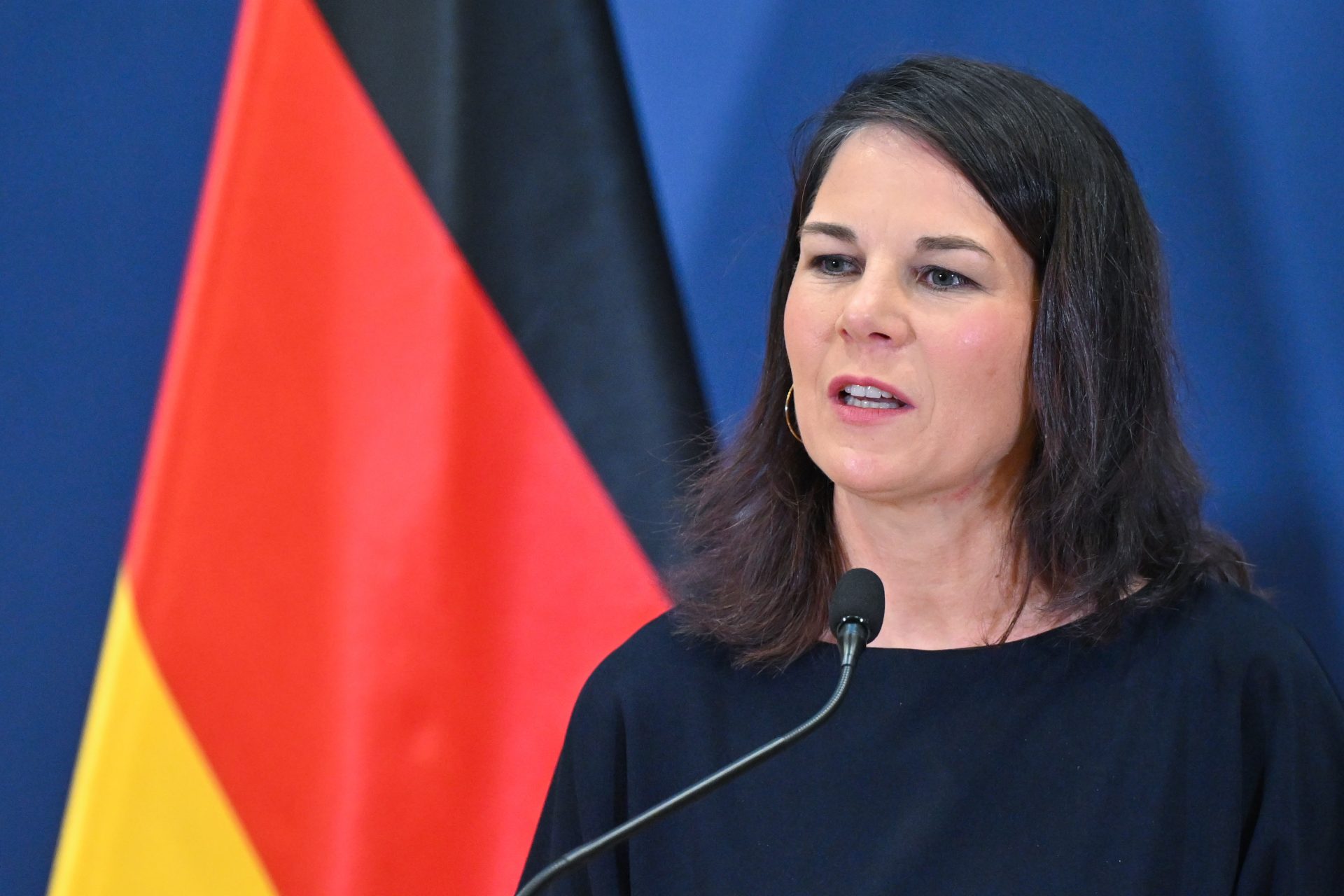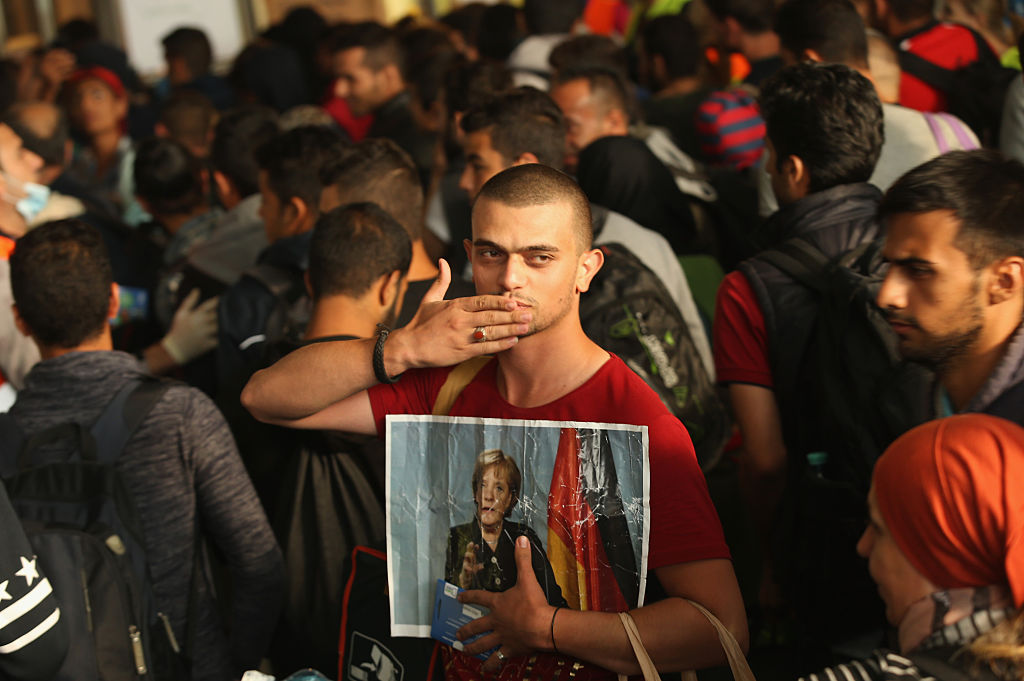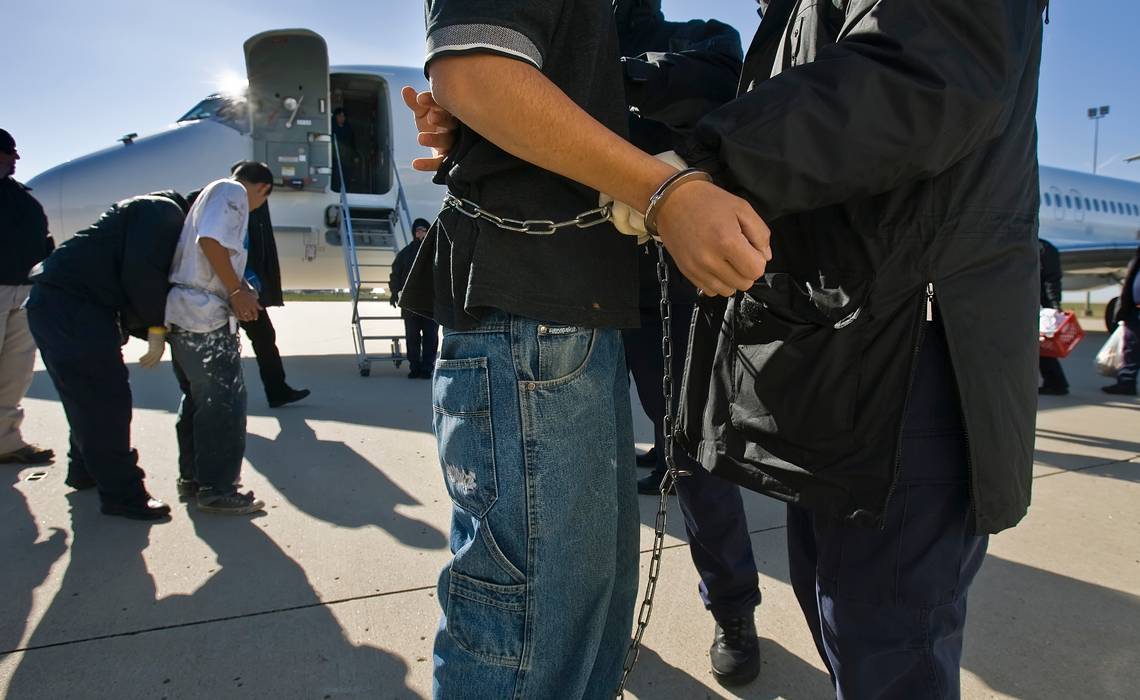German politicians debate the future of Syrian refugees
After the fall of Syria's brutal dictator Bashar Al-Assad, many rights groups warned that Syrian refugees in Europe might be in trouble, especially in Germany, where many politicians are questioning their protection.
Although one tyrannical regime is over, the rebel group Hayat Tahrir al-Sham (HTS) that has taken over, has a dark past too: links to radical Islamic groups and human rights violations. However, they have been recently promoting peace and unity, but many doubt this will be the case.
According to Al Jazeera, the HTS troops have assured that minorities don’t need to fear the multi-ethnic and religious state of Syria, talking about the country’s long history of religious diversity, but many are still afraid.
According to the UNHCR, Germany is currently the third largest host country for Syrian refugees worldwide and the largest in Europe.
According to the Federal Employment Agency, around 900,000 Syrians currently live in Germany and according to a BBC report, young Syrian men have higher employment rates that those born in Germany.
In her recently published book, former Chancellor Angela Merkel explains her unexpected decision to open the borders to Syrian refugees in 2015, despite criticism from many EU member states. "I thought I had to do it for humanitarian reasons," she said in a podcast.
This heavily criticized German refugee policy was also a main reason for her to write the book: "I wanted to explain again why I decided to do it back then." Her party colleague and possible Chancellor Friedrich Merz criticizes this decision to this day.
As snap elections are to be held in Germany on 23 February, and with migration topping surveys of voters' concerns, some politicians clearly feel talking tough on Syrian refugees will win them votes.
As soon as there is lasting peace in Syria, many "will no longer need protection and therefore will no longer have the right to stay," Andrea Lindholz, the party's leading domestic policy expert, told the Rheinische Post.
The CDU deputy parliamentary group leader, Jens Spahn went as far as proposing charter flights and 1,000 euros for Syrian refugees to return to Syria, the BBC reported.
The CDU (Christian Democratic Union of Germany), which is ahead in the polls of the upcoming federal elections (scheduled to be held in September 2025), also wants to take tougher action against the refugee population in Germany.
In a speech, Chancellor Olaf Scholz focused on the aspect of a peaceful transition in Syria, but his party is already afraid that the issue will be instrumentalized in the election campaign that will likely begin on December 16.
If lasting peace returns to Syria, nothing will stand in the way of the return of people "who have never really felt at home here," said Michael Roth, SPD chairman of the Foreign Affairs Committee of the German Bundestag, to SPIEGEL. However, many Syrians are well integrated into German society.
According to German media channel Tagesschau, Syrians continue to be the largest group in terms of the number of asylum applications this year.
Federal Interior Minister Nancy Faeser (SPD), has said that the situation in Syria remains very unclear. The assessment of the protection status of the recognized Syrian refugees depends on further developments.
Simmilarly, Annalena Baerbock, Germany’s Green foreign minister said that "Whoever tries to misuse the current situation in Syria for their own party political purposes has lost touch with reality in the Middle East.”
Many Syrians work in healthcare, including 5,000 Syrian doctors. The chairman of the German Hospital Association (DKG), Gerald Gaß, told media outlet Der Spiegel Syrian doctors play an important role in medical care in Germany.
Tens of thousands of Syrians live in Berlin alone, as the Tagesspiegel reports, and though happy about Assad’s fall, many fear peace won’t come so easily after 13 years of civil war. In addition, Germany has become a safe haven for many of them.
The Tagesanzeiger reported that the Swiss employers' association fears a massive return of Syrians to their country due to the current labor shortage in the country.
According to German media Tagesschau, the Syrian rebel leader Ahmed al-Scharaa has assured that no new war will break out in his country and said that "Syria will now need a new intellectual elite, new employees for the administration and other important areas such as medicine or infrastructure."
However, it’s probable that specially highly educated Syrians are unlikely to want lo return, given how unstable the situation still is.
Many have also received German citizenship, meaning they have learnt German and are financially supporting themselves: 143,000 Syrians received German citizenship between 2021 and 2023, forming the largest nationality to get a German passport, according to a BBC report.
But about 700,000 Syrians are still classed as various types of asylum seekers. Some are registered as refugees, others have been granted political asylum, while many have subsidiary protection, which means their country of origin is unsafe.
While almost ten years ago, Merkel opened Germany’s doors for Syrians in distress, many German politicians of today want to close them for good.
More for you
Top Stories




